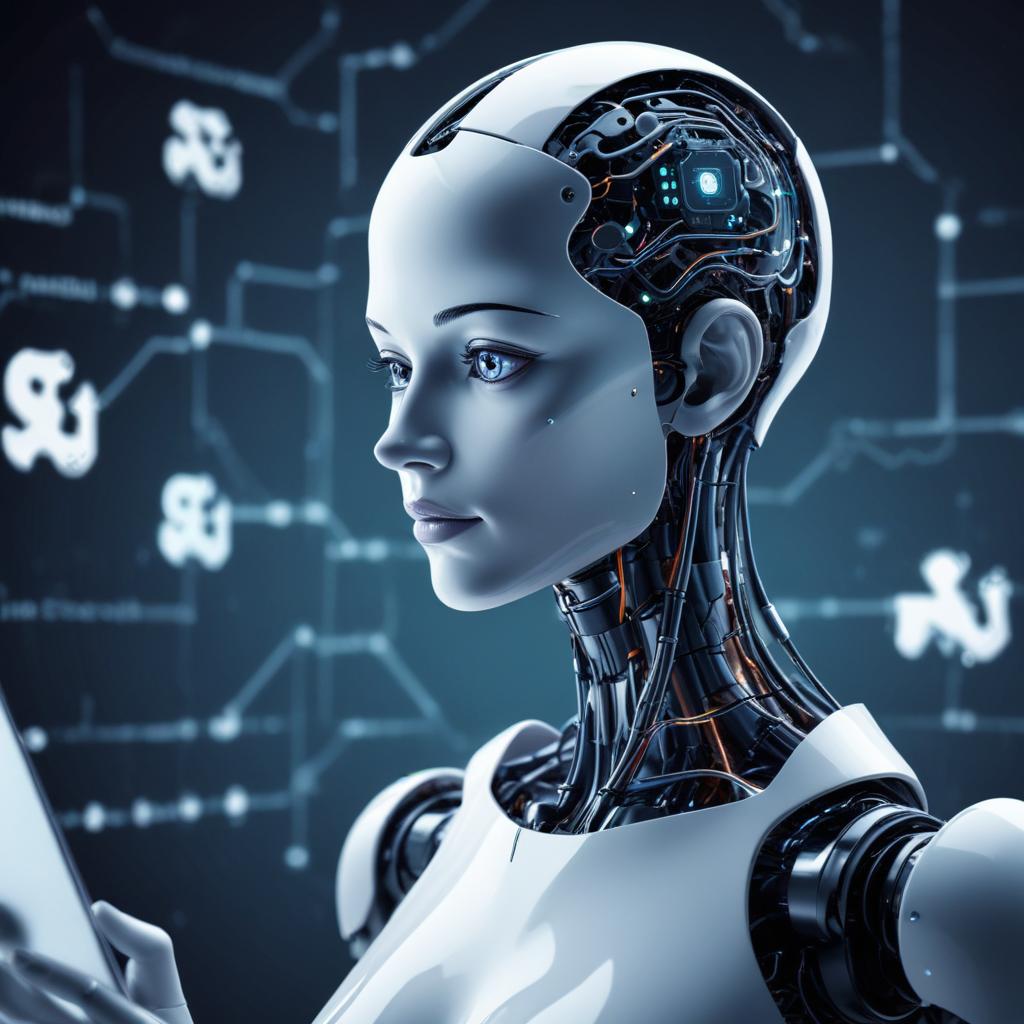Artificial Intelligence (AI) is revolutionizing book editing in several ways, making the process more efficient, accurate, and cost-effective. Here are some ways AI is impacting book editing:
- Automated Editing: AI-powered tools can analyze a manuscript’s grammar, syntax, and punctuation, and suggest corrections. This helps editors focus on higher-level issues like content, structure, and style.
- Content Analysis: AI can analyze a manuscript’s content, identifying patterns, themes, and trends. This helps editors identify areas that need improvement and provide targeted feedback.
- Style and Consistency: AI can detect inconsistencies in style, tone, and formatting throughout a manuscript, ensuring consistency and coherence.
- Language Translation: AI-powered translation tools can translate manuscripts from one language to another, making it easier to reach a global audience.
- Fact-Checking: AI-powered fact-checking tools can verify facts and accuracy in a manuscript, reducing errors and ensuring credibility.
- Plagiarism Detection: AI-powered plagiarism detection tools can identify instances of plagiarism, helping editors detect potential copyright issues.
- Collaboration Tools: AI-powered collaboration tools can facilitate communication between authors, editors, and other stakeholders, improving workflow and reducing errors.
- Author Assistants: AI-powered author assistants can provide personalized writing guidance, suggesting alternative phrases, rephrasing sentences, and offering style suggestions.
- Manuscript Analysis: AI-powered manuscript analysis tools can analyze a manuscript’s structure, character development, plot development, and pacing, providing insights for improvement.
- Proofreading: AI-powered proofreading tools can detect errors in spelling, grammar, punctuation, and syntax, saving time and reducing the risk of human error.
Some popular AI-powered book editing tools include:
- Grammarly
- ProWritingAid
- Autocrit
- Novelize
- Scrivener
- LanguageTool
- Copyscape
- PlagScan
- Readability Score
- Hemingway Editor
Benefits of AI-powered book editing:
- Improved Accuracy: AI-powered tools can detect errors and inconsistencies more accurately than human editors.
- Increased Efficiency: AI-powered tools can automate repetitive tasks, freeing up human editors to focus on higher-level issues.
- Cost Savings: AI-powered tools can reduce the need for human editors, resulting in cost savings for authors and publishers.
- Enhanced Collaboration: AI-powered collaboration tools can improve communication between authors and editors, ensuring a smoother workflow.
- Improved Author Experience: AI-powered author assistants can provide personalized writing guidance and support, helping authors improve their craft.
However, it’s essential to note that while AI-powered book editing tools are incredibly useful, they should not replace human editors entirely. Human editors bring a unique perspective and understanding of storytelling, which is essential for creating high-quality books that resonate with readers.

